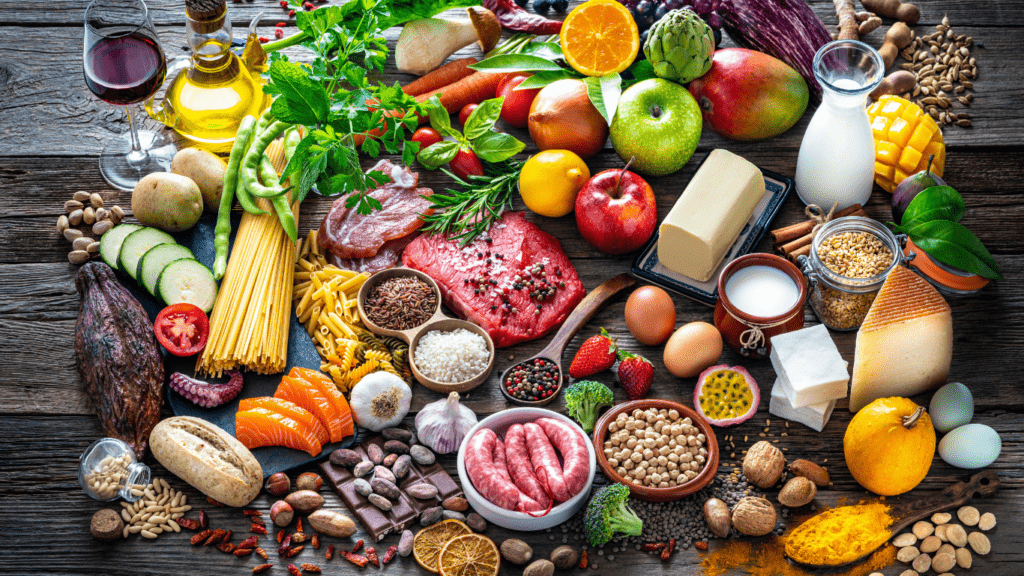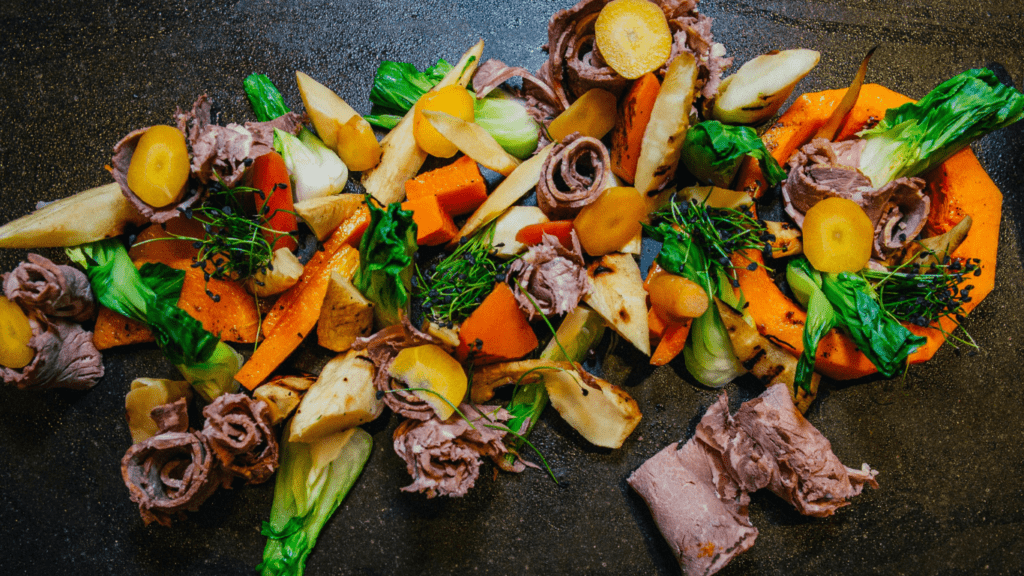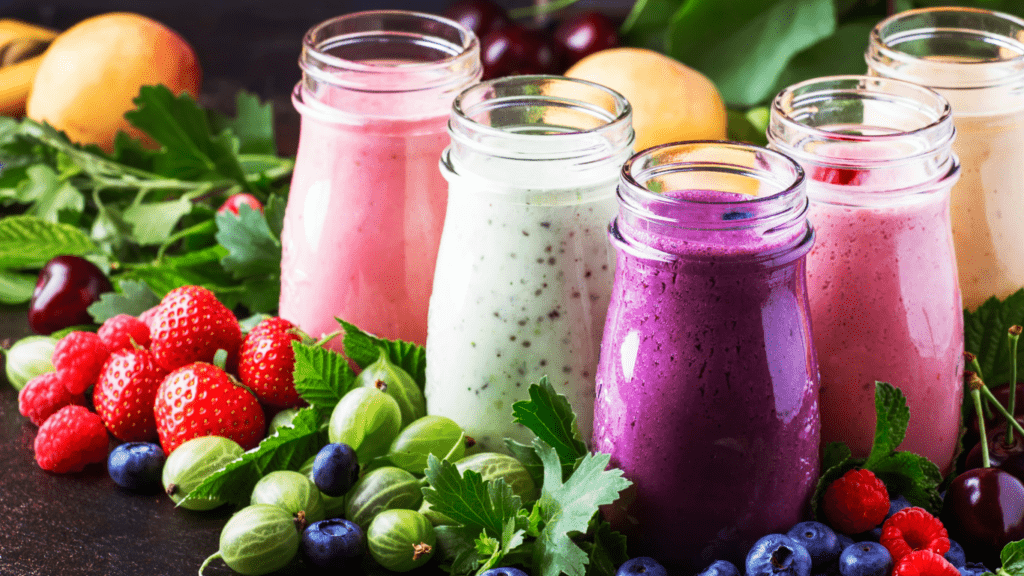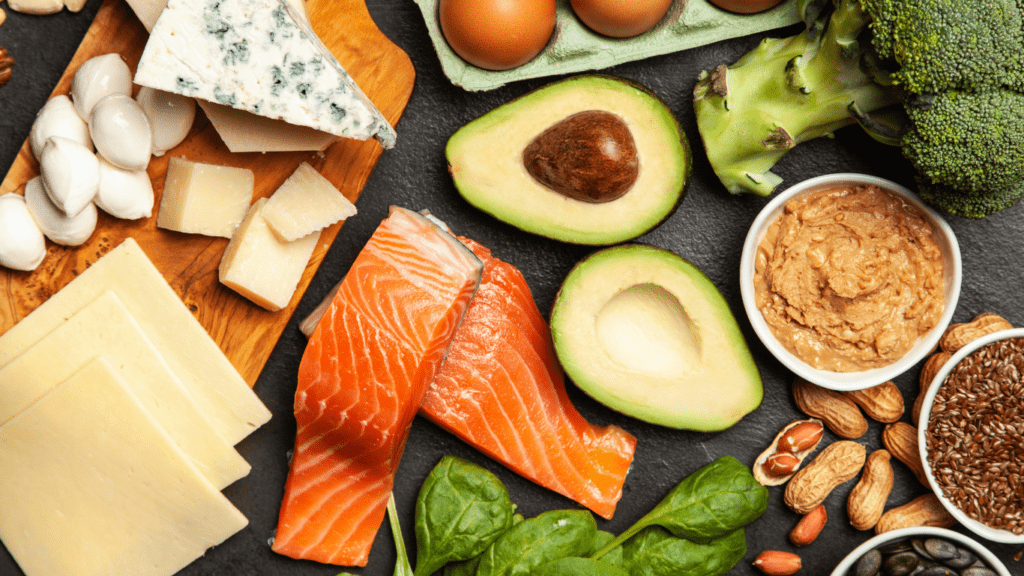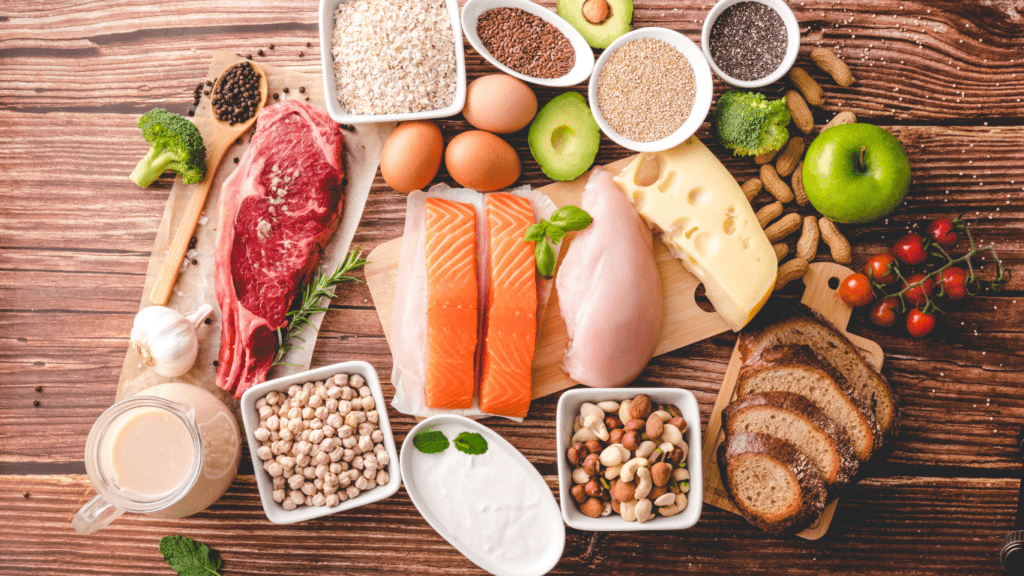Inflammation might seem like a buzzword, but it’s at the root of many chronic health issues we face today. From joint discomfort to heart disease, what we eat plays a huge role in either fueling or fighting inflammation. That’s why understanding anti-inflammatory nutrition isn’t just trendy—it’s essential for long-term well-being.
What Is Anti-Inflammatory Nutrition?
Anti-inflammatory nutrition focuses on consuming foods known to reduce inflammation in the body while avoiding those that can trigger it. Chronic inflammation contributes to conditions like heart disease, type 2 diabetes, rheumatoid arthritis, and certain cancers. By prioritizing anti-inflammatory foods, it’s possible to support the body’s natural healing processes and reduce the risk of these diseases.
This approach emphasizes nutrient-dense, whole foods high in antioxidants, omega-3 fatty acids, and dietary fiber. Examples include leafy greens, like spinach and kale, fatty fish, like salmon and mackerel, and fruits, like berries and oranges. Including herbs and spices like turmeric and ginger enhances anti-inflammatory benefits due to their active compounds.
Limiting pro-inflammatory foods, such as:
- refined carbohydrates
- trans fats
- sugary beverages
is a key aspect. Processed snacks, fried foods, and sweetened sodas often lead to increased inflammatory markers. Following a balanced, anti-inflammatory diet ensures better cellular health and improved immune function.
Research by the National Institutes of Health indicates that diets rich in plants, fatty fish, and whole grains consistently show lower systemic inflammation markers. This makes anti-inflammatory nutrition a practical solution to managing chronic health conditions and promoting overall wellness.
Why Focus On Anti-Inflammatory Foods In 2025?
The prevalence of inflammation-related conditions, like type 2 diabetes and cardiovascular disease, continues to rise globally. Addressing inflammation through diet offers an effective, preventive approach to improving long-term health and reducing the risk of chronic illnesses.
Emerging research highlights the connection between inflammation and mental health issues, including anxiety and depression. Anti-inflammatory foods, rich in omega-3s and antioxidants, support brain health by reducing neural inflammation. For instance, salmon and walnuts deliver beneficial fats, while blueberries provide potent antioxidants.
Dietary patterns promoting low inflammation also contribute to sustainable weight management. Foods high in dietary fiber, such as beans and whole grains, enhance gut health and help regulate blood sugar levels. This minimizes inflammatory spikes triggered by processed sugars and refined carbs.
In 2025, nutrition addresses both personal health and environmental concerns. Plant-based anti-inflammatory options—like leafy vegetables, legumes, and seeds—offer low-impact dietary choices. Choosing these supports sustainable food systems while delivering health benefits, including improved immune function and reduced oxidative stress.
Focusing on anti-inflammatory nutrition aligns with increased awareness of lifestyle diseases, mental well-being, and environmental sustainability.
Top Anti-Inflammatory Foods To Include In Your Diet

Including anti-inflammatory foods in daily meals supports long-term health. Key categories like fruits, healthy fats, and herbs play vital roles in reducing inflammation.
1. Fruits And Vegetables
Fruits and vegetables contain antioxidants and bioactive compounds that combat inflammation. Berries such as blueberries, strawberries, and blackberries are rich in anthocyanins, which lower inflammatory markers. Leafy greens like spinach, kale, and Swiss chard provide high levels of vitamin K and polyphenols that regulate inflammatory processes. Other options include cruciferous vegetables like broccoli and Brussels sprouts, which are rich in sulforaphane, an anti-inflammatory phytochemical. Citrus fruits, such as oranges and lemons, offer vitamin C, supporting immune function and cellular repair.
2. Healthy Fats
Healthy fats are vital for reducing inflammation and maintaining cellular health. Fatty fish such as salmon, mackerel, and sardines contain omega-3 fatty acids, particularly EPA and DHA, which suppress inflammation. Extra virgin olive oil provides monounsaturated fats and polyphenols like oleocanthal, known for anti-inflammatory effects. Avocados deliver monounsaturated fats along with lutein and vitamin E, which reduce oxidative stress. Choose nuts like walnuts, which are high in alpha-linolenic acid (an omega-3 precursor), for additional benefits.
3. Herbs And Spices
Herbs and spices enhance both flavor and anti-inflammatory potential. Turmeric contains curcumin, a compound that inhibits inflammatory pathways. Adding black pepper boosts curcumin absorption significantly. Ginger provides gingerol, a bioactive substance shown to reduce inflammation linked to osteoarthritis and metabolic syndromes. Cinnamon contains cinnamaldehyde, which helps lower pro-inflammatory cytokines. Garlic offers sulfur compounds, such as allicin, that fight systemic inflammation. Use these in meals or beverages to optimize their health benefits.
Foods To Avoid For Reduced Inflammation
Certain foods contribute significantly to inflammation in the body. Eliminating or limiting these items can support better cellular health, reduce chronic disease risk, and promote overall well-being.
Processed Foods
- Processed foods are high in preservatives, artificial flavors, and unhealthy fats.
- Items such as packaged snacks, deli meats, and instant meals often contain additives that trigger inflammatory responses.
- These products also lack essential nutrients like antioxidants and fiber, which help combat inflammation.
- Studies published in the Journal of Nutritional Biochemistry show a strong link between regular consumption of ultra-processed foods and higher markers of systemic inflammation.
Refined Sugars
Refined sugars, found in candy, soft drinks, and baked goods, cause spikes in blood sugar levels, promoting an inflammatory reaction. High sugar intake can lead to insulin resistance, weight gain, and increased risk of inflammatory diseases like type 2 diabetes. Research from Nutrients highlights that diets rich in added sugars elevate pro-inflammatory cytokines, disrupting the body’s natural balance.
Trans Fats
Trans fats, commonly found in margarine, fried fast foods, and some baked goods, increase bad cholesterol levels while lowering good cholesterol. These fats are associated with heightened inflammation, as well as a higher risk of heart disease and other chronic conditions. Data from the American Heart Association confirms that eliminating trans fats from the diet significantly reduces inflammation markers and supports cardiovascular health.
Benefits Of Anti-Inflammatory Nutrition
Anti-inflammatory nutrition provides significant advantages, focusing on reducing inflammation to promote overall health. This dietary approach extends its benefits to multiple facets of physical and mental well-being.
Improved Digestive Health
Consuming anti-inflammatory foods supports gut health by promoting a balanced microbiome and reducing intestinal inflammation. Fiber-rich foods like fruits, vegetables, and whole grains aid digestion and prevent constipation. Fermented foods, such as yogurt and kimchi, contain probiotics that enhance gut flora balance. A healthy gut contributes to better nutrient absorption and reduces the risk of gastrointestinal conditions like irritable bowel syndrome (IBS).
Reduced Risk Of Chronic Diseases
Anti-inflammatory diets significantly lower the risk of chronic conditions by minimizing inflammation markers. They can reduce susceptibility to cardiovascular diseases, type 2 diabetes, and arthritis by emphasizing omega-3 fatty acids, antioxidants, and polyphenols. Studies, including those from the American Heart Association, have linked diets rich in salmon, nuts, and berries to reduced inflammation and improved heart health. Avoiding processed foods further supports disease prevention.
Enhanced Energy Levels
Inflammation often contributes to fatigue, while a nutrient-dense diet restores energy. Foods like sweet potatoes and quinoa provide complex carbohydrates for sustained vitality. Anti-inflammatory nutrients, such as magnesium and B vitamins found in spinach and bananas, improve cellular energy production. Avoiding inflammatory triggers, including high-sugar snacks, stabilizes blood sugar levels and reduces energy crashes.
Tips For Starting An Anti-Inflammatory Diet In 2025
1. Focus on Whole, Unprocessed Foods
I prioritize incorporating whole, minimally processed foods into my meals for maximum nutritional benefits. Foods like fresh vegetables, fruits, whole grains, and legumes provide essential nutrients and help reduce inflammation.
2. Include Anti-Inflammatory Fats
I enhance my meals with healthy fats like avocados, nuts, seeds, and olive oil. These contain monounsaturated fats and omega-3 fatty acids, which have proven anti-inflammatory effects.
3. Plan Balanced Meals
I structure meals to include a mix of lean proteins such as salmon or tofu, healthy fats, and fiber-rich carbohydrates like quinoa or sweet potatoes. Balancing macronutrients optimizes nutrient absorption and supports overall health.
4. Limit Pro-Inflammatory Foods
I avoid foods linked to inflammation, such as processed snacks, sugary drinks, and refined carbohydrates. Eliminating trans fats, often found in fried or packaged foods, is a critical step.
5. Use Herbs and Spices Generously
I season dishes with turmeric, ginger, cinnamon, or garlic. These spices add flavor and contain compounds like curcumin and gingerol, which combat inflammation effectively.
6. Stay Consistent with Hydration
I maintain good hydration habits, drinking plenty of water throughout the day. Proper hydration supports cellular functions and aids in toxin removal, reducing inflammation.
7. Leverage Meal Prep Tools
I use meal-planning apps and organize groceries ahead of time to ensure I always have anti-inflammatory ingredients available. This consistency fosters better eating habits.
